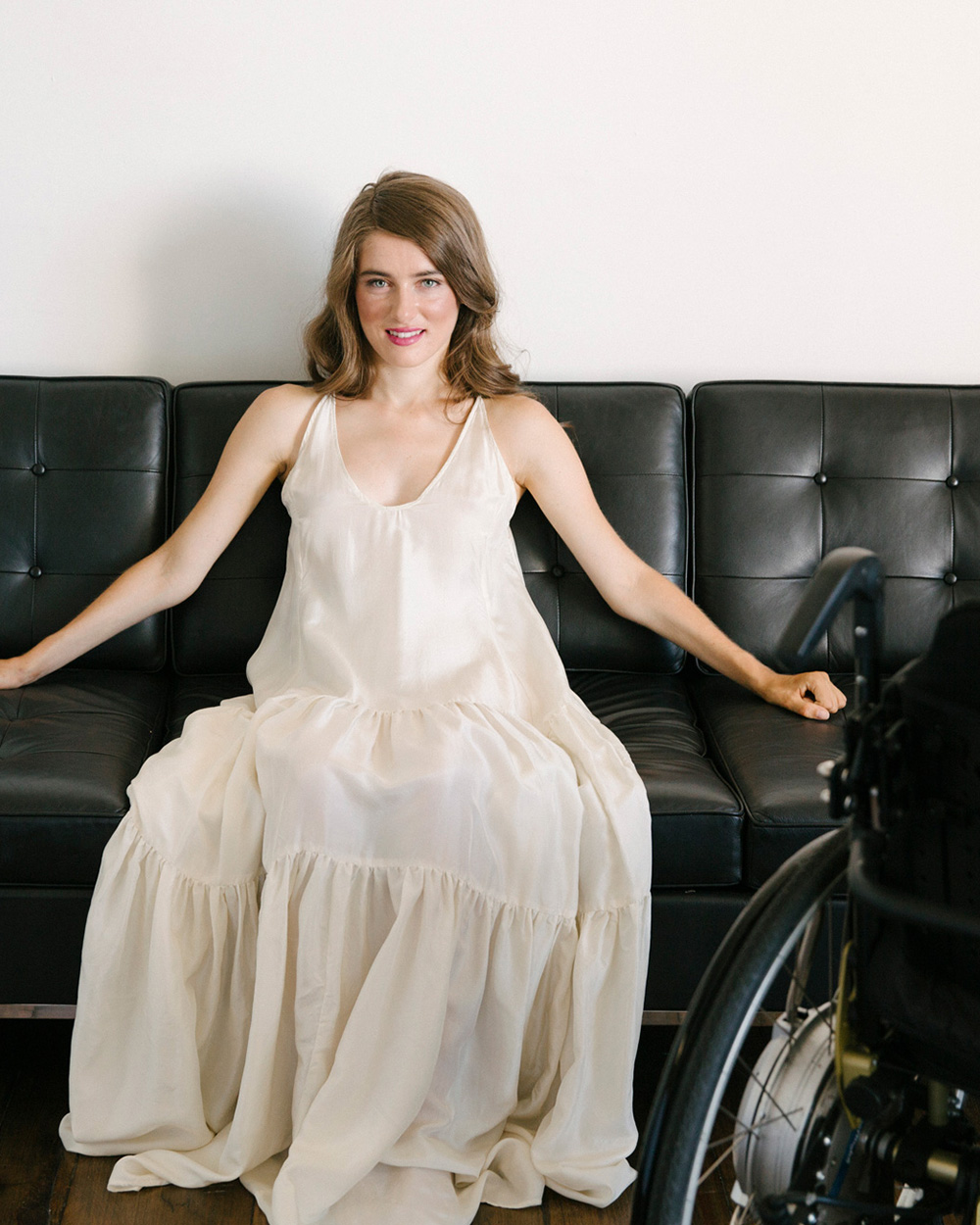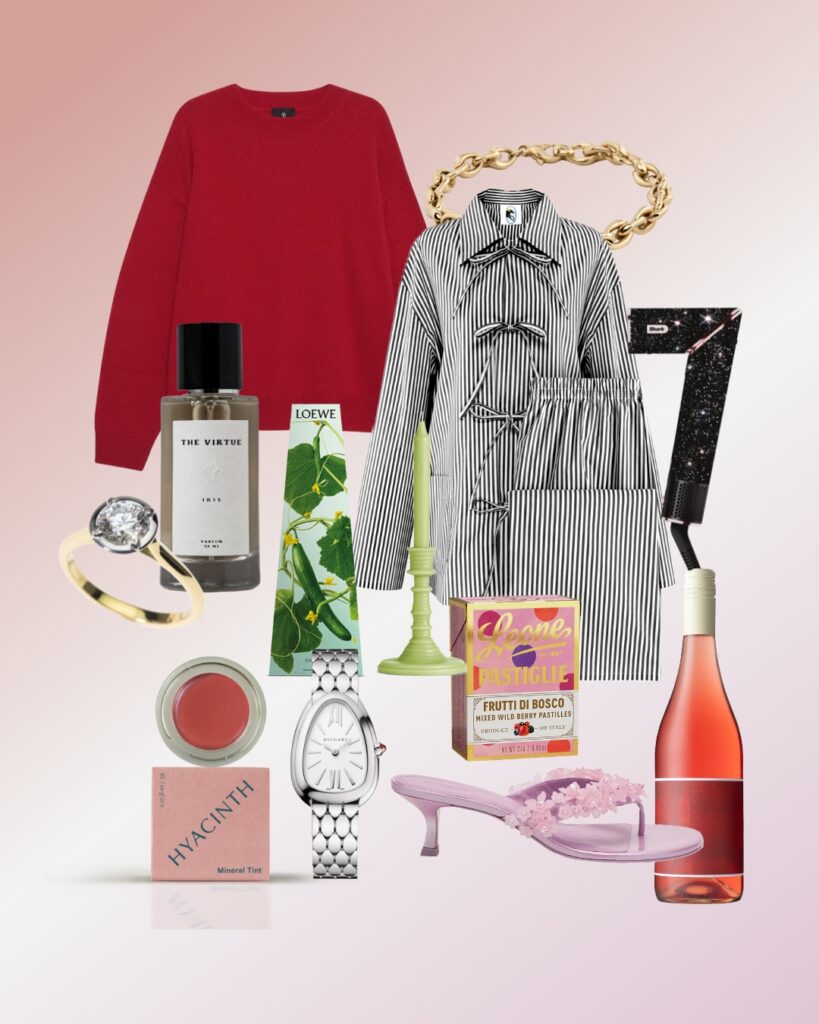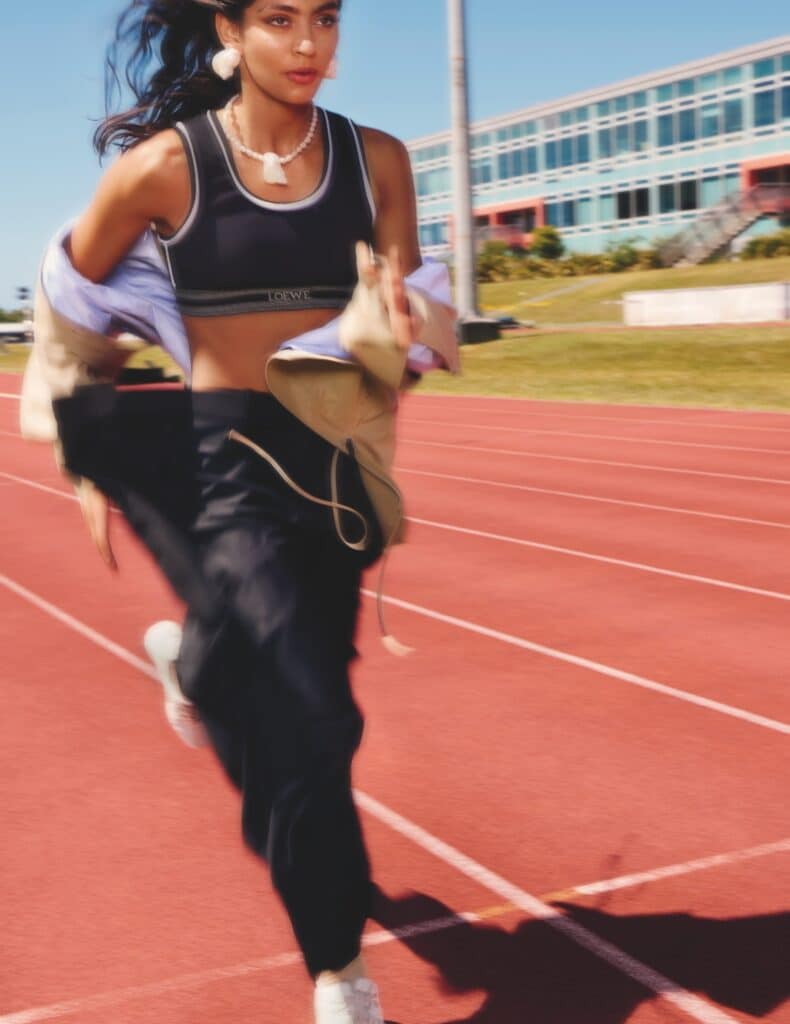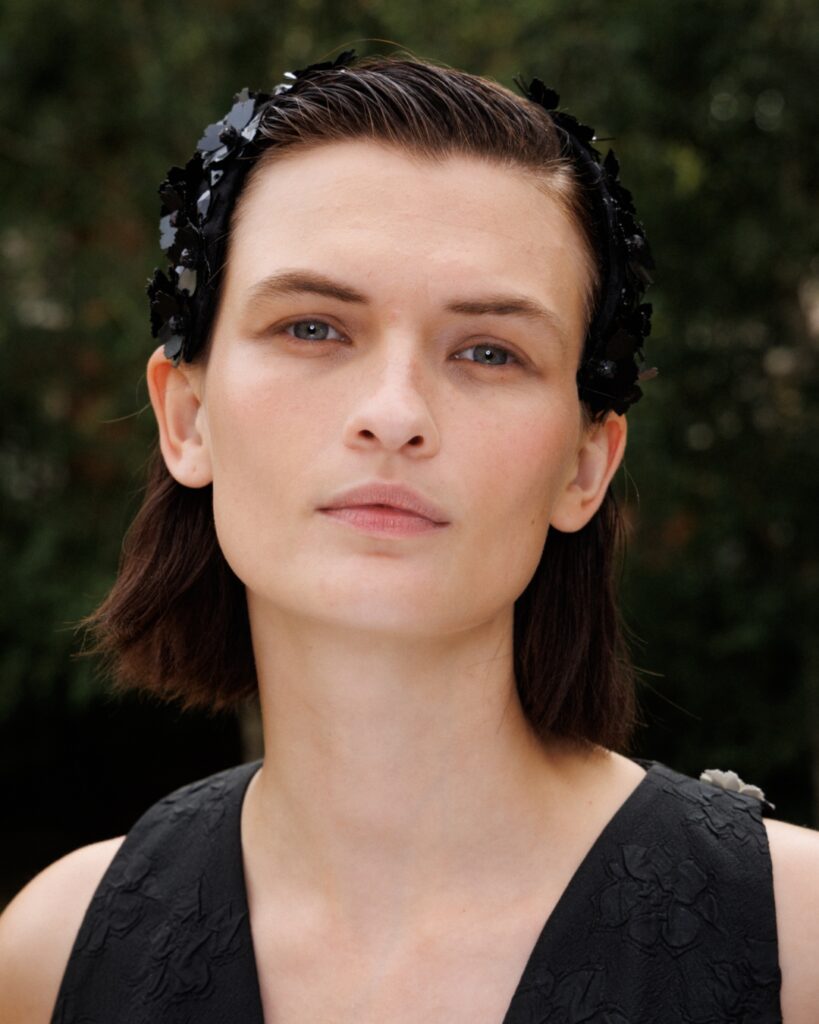The All is for All accessibility project is believed to be a global first.
We’re a proud nation who can boast many firsts; namely, the first to grant women the right to vote, we had the first man to climb Mt Everest and now, the All is for All accessibility project.
AllisforAll.com (AIFA) is an accessible retail space and content platform designed for users who identify with an accessibility need or disability, to experience fashion without the inevitable barriers that they face when online shopping.
The brains behind the initiative is Grace Stratton—law student, fashion fan, 2017 New Zealander of the Year nominee and a lifelong wheelchair user—and was designed with the help of Angela Bevan, from global communications firm SweeneyVesty.
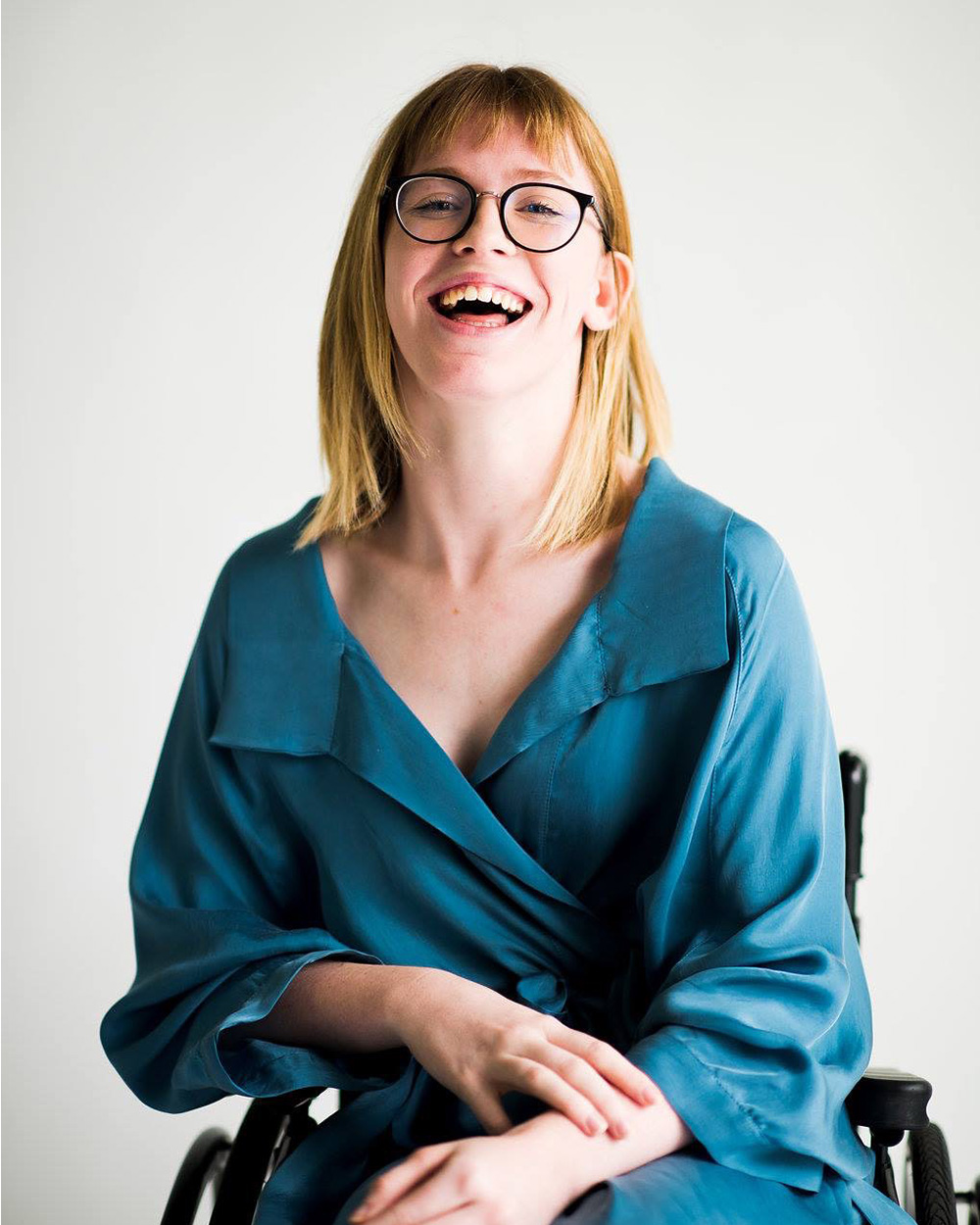
Grace Stratton was a 2017 New Zealander of the Year nominee.
AIFA will curate New Zealand designers and present fashion accessibly to meet a range of needs. Some of the unique features of the site include detailed garment descriptions, a custom built search engine (addressing different access needs) and presenting the clothes on models with access needs alongside able-bodied models.
Stemming from an oversight, or ‘flaw in design’, in the way in which New Zealand and international designers present their products online, Stratton’s own personal frustrations with the online shopping experience lead to the idea.
Her frustrations included listed items often missing a detailed description of the garment, such as mentioning pockets, zip detailing, button features and closures—all factors that help to determine if those seated within wheelchairs would be comfortably dressed while seated. Another barrier for wheelchair users is having all garment images photographed on a standing model, where an image of the garment from a sitting down perspective would obviously be more telling.
Combined, these missing details often lead to a frustrating and disappointing online shopping experience, which is contrary to the normal convenience of it.
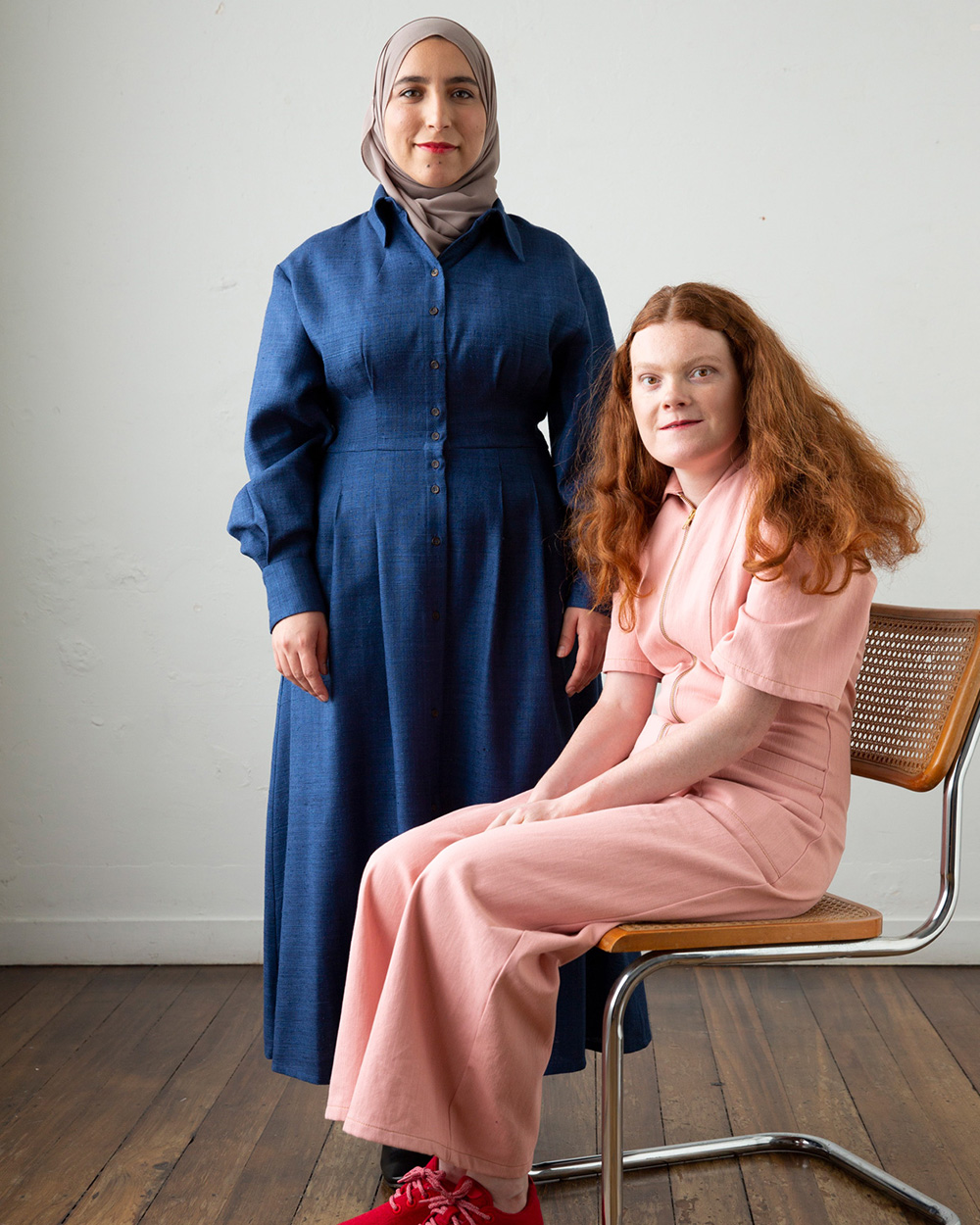
Models Aelinor and Zubaida wear Penny Sage.
Further issues that Grace has addressed with the project is related to those with sight impairment. Those who struggle with vision are often unable to find ‘read aloud’ text on websites and when it is present, the description is vague, basic and unhelpful; leaving further gaps in the market.
With clear differences in what the user gets and what the user needs, this project has been a long time coming.
“Accessibility is not just a physical thing – it’s about everyone having the same access to the same experience, and that includes online shopping,” says Stratton.
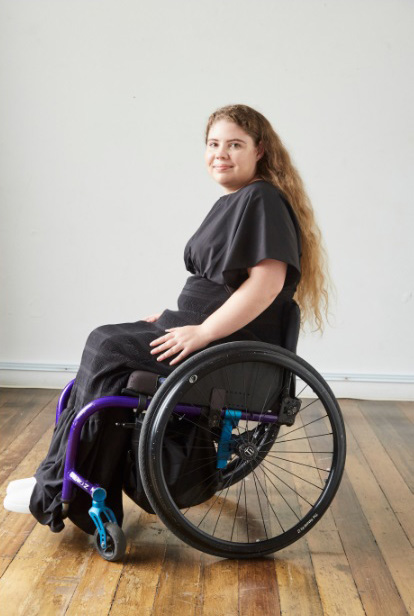
Model Emma wears Wynn Hamlyn.
With 20% of New Zealand’s population (that’s one million New Zealanders) and 15% of the global population identifying as having an access need or disability in their lives, there is no doubt that the initiative will be widespread and far-reaching.
“We’re not asking designers to change their designs, nor do we claim to have all the answers,” says Grace. “We are starting with what we know and love – New Zealand fashion – and from there inviting and supporting all industries to look at their online presence from an accessibility angle.”
With many New Zealand designers already signed on as initial partners, including Zambesi, Stolen Girlfriends Club, Wynn Hamlyn, Working Style, RUBY and Penny Sage, shining a light on the diverse experiences of disabled people and assisting in their online shopping experience is swiftly becoming a reality.
While in the initial phases AIFA will address only some access needs, the plan is to work directly with the disability community to implement further accessible technology. They will also begin work on creating a more mainstream conversation about accessibility and consult on projects with brands who are looking to make positive change toward a more ‘accessible’ website, at any scale.
You can shop the site now at allisforall.com.


